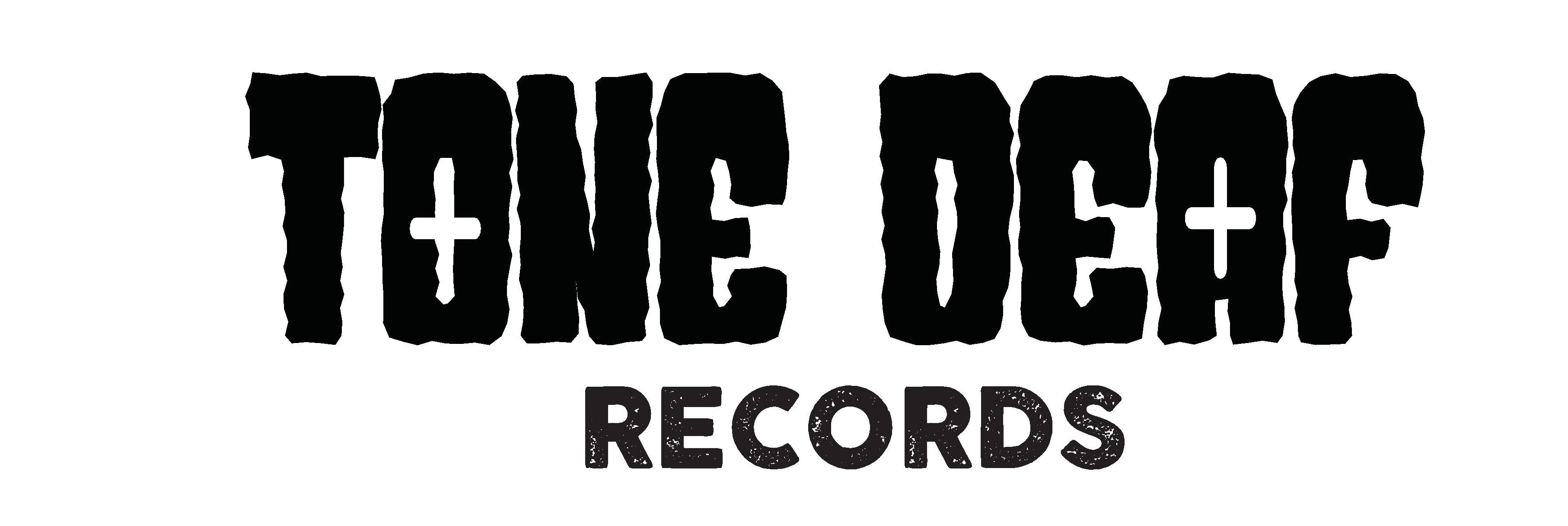
Tone Deaf Records
New - Matthew Shipp - Codebreaker - LP
$25.00
/
Shipping calculated at checkout.
Pickup available at Shop Address
Usually ready in 1 hour
Matthew Shipp takes an introspective turn on his latest solo piano album, continuing to discover new territory for his singular cosmic pianism. Codebreaker encrypts rich harmonies, cloud-like clusters, and the unlikely confluence of Bill Evans and Bud Powell.
Within the voluminous catalogue that pianist Matthew Shipp has created over the last three and a half decades, his solo piano work has charted a unique and compelling pathway for the evolution of the instrument’s vocabulary. On his latest album, that path finds Shipp in an uncharacteristically meditative state of mind. Though the language is unmistakably his own, the usual attacks, dense clusters and insistent circularity are more often replaced by harmonic nebulae that luxuriate in the mysterious resonances which Shipp conjures from the keyboard.
“I was actually shocked at how introspective the album was when I listened back to it,” Shipp admits. “If I try to dissect my motivations, which are not always conscious and which just happen on their own, I see myself really basking in harmony. I'm interested in trying to wring all of the harmonics from the piano that I possibly can, and with that in mind, any set of harmonics has a set of melodic fragments that are implied.”
Given that investigative impulse, Shipp himself could be viewed as the Codebreaker of the album’s evocative title. There’s a wry humor to the name, as Shipp imagines a parallel between a World War II secret agent doggedly racing to crack an enemy cypher and himself sitting at the piano, puzzling over the music’s infinite enigmas. But the idea seems profoundly serious when considering the singular sonic vernacular he’s coined, making him one of the most distinctive pianists of his generation.
Shipp concedes that his recent landmark birthday may have something to do with the more introspective bent of the new album (“60’s not old, but it's definitely not young,” he jokes), but it also continues a career-long investigation into the ways that his subversive approach to the piano connects with the instrument’s storied lineage. While the likes of Cecil Taylor and Sun Ra have been constant touchstones in critical writings on his work, one name that emerges when listening to Codebreaker, perhaps for the first time in Shipp’s discography, is that of Bill Evans.
“It's very abstract and I don't know if listeners will hear it, but I hear a line in my playing that's trying to get into the trajectory that links Bud Powell's piano playing to Bill Evans,” Shipp says. “That's not a line you usually draw, but essentially Bill Evans is a Bud Powell-influenced pianist. All people who push notes down on the piano share a language, even though they’re all extremely different. I’m trying to dip into that collective mind, but at the same time it's filtered through me and is distinctly my thing. So it’s playing with the dichotomy between the universal and the personal in the context of this pyramid where Bud Powell, Bill Evans and, myself somehow, fit together in a modern way.”
Within the voluminous catalogue that pianist Matthew Shipp has created over the last three and a half decades, his solo piano work has charted a unique and compelling pathway for the evolution of the instrument’s vocabulary. On his latest album, that path finds Shipp in an uncharacteristically meditative state of mind. Though the language is unmistakably his own, the usual attacks, dense clusters and insistent circularity are more often replaced by harmonic nebulae that luxuriate in the mysterious resonances which Shipp conjures from the keyboard.
“I was actually shocked at how introspective the album was when I listened back to it,” Shipp admits. “If I try to dissect my motivations, which are not always conscious and which just happen on their own, I see myself really basking in harmony. I'm interested in trying to wring all of the harmonics from the piano that I possibly can, and with that in mind, any set of harmonics has a set of melodic fragments that are implied.”
Given that investigative impulse, Shipp himself could be viewed as the Codebreaker of the album’s evocative title. There’s a wry humor to the name, as Shipp imagines a parallel between a World War II secret agent doggedly racing to crack an enemy cypher and himself sitting at the piano, puzzling over the music’s infinite enigmas. But the idea seems profoundly serious when considering the singular sonic vernacular he’s coined, making him one of the most distinctive pianists of his generation.
Shipp concedes that his recent landmark birthday may have something to do with the more introspective bent of the new album (“60’s not old, but it's definitely not young,” he jokes), but it also continues a career-long investigation into the ways that his subversive approach to the piano connects with the instrument’s storied lineage. While the likes of Cecil Taylor and Sun Ra have been constant touchstones in critical writings on his work, one name that emerges when listening to Codebreaker, perhaps for the first time in Shipp’s discography, is that of Bill Evans.
“It's very abstract and I don't know if listeners will hear it, but I hear a line in my playing that's trying to get into the trajectory that links Bud Powell's piano playing to Bill Evans,” Shipp says. “That's not a line you usually draw, but essentially Bill Evans is a Bud Powell-influenced pianist. All people who push notes down on the piano share a language, even though they’re all extremely different. I’m trying to dip into that collective mind, but at the same time it's filtered through me and is distinctly my thing. So it’s playing with the dichotomy between the universal and the personal in the context of this pyramid where Bud Powell, Bill Evans and, myself somehow, fit together in a modern way.”
